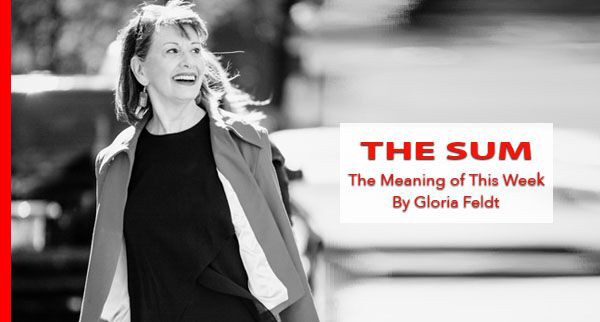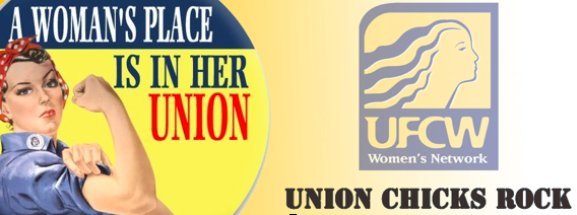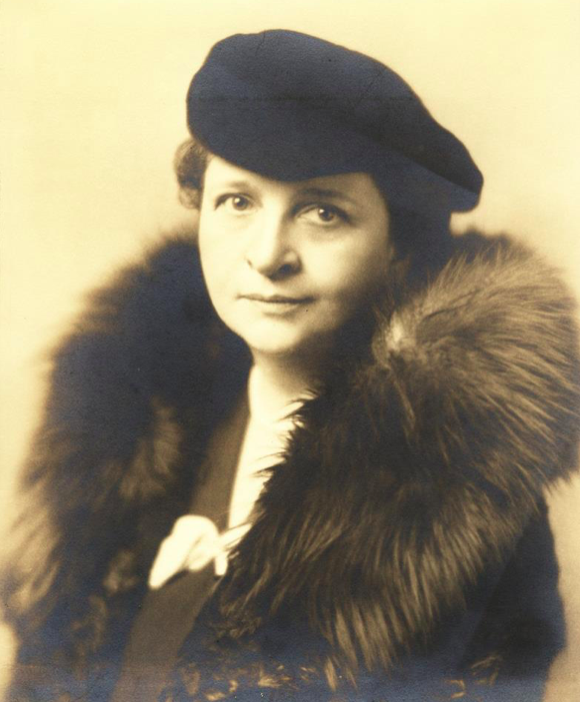How to Celebrate Labor Day: Sit in the High Seats
Issue 106 — September 2, 2019
Are you one of the 46 percent of Americans who’ll barbecue over Labor Day weekend? Will it be ribs, hot dogs, burgers, or veggies?
Or will you be one of the 25 percent who’ll be shopping? Google “Labor Day” and the majority of top hits involve Labor Day sales.
These and other “fun facts,” courtesy of the website Wallet Hub, (you can find a dandy infographic there) belie the day’s hard-earned significance, overlooking the role unions have played in shaping today’s workplace and many of the public policies we’ve come to expect will protect us from harm and provide us with fair pay and other benefits.
Union organizing began in the U.S. in the 1700s. The earliest recorded strike occurred in 1768 when journeymen tailors in New York protested a wage reduction.
The first Labor Day parade was held in New York in 1882, and the first Monday in September was declared a national holiday in 1894.
It’s in the nature of social movements to lose steam over the years, as much because of their successes as because of their failures.
And unions have had many successes.
They’ve made the workplace safer for everyone and fought for fair wages for workers, including those at the lowest end of the economic rung, doing the hardest jobs. Without the work unions have done, there wouldn’t be workplace safety rules. There would still be child labor. People would be working 12–16 hour days and being paid less than minimum wage.
There most likely wouldn’t even be a minimum wage.
But unions have been under assault since they began, not surprisingly, by those whose economic interests are better served by cheap labor and few benefits. From a high of 35 percent of workers belonging to unions in the 1950’s to 10.5 percent now, union membership is in decline, though its political influence remains higher than its numbers imply.
I’ve been thinking about the significance of labor unions because I’m preparing to deliver a keynote speech at the 13th biennial convention of the United Food and Commercial Workers Women’s Network. I feel honored to have that opportunity because these women do some of the hardest work in this country.
Too often the importance of women in the union movements has been under recognized.
Yet women have been founders, instigators, and leaders in the union movement since the very beginning. Women like Sarah Bagley who organized “mill girls” in Lowell, Massachusetts in 1844 and the intrepid Lucy Parsons, whose labor organizing spanned almost 70 years and included the International Workers of the World, the International Ladies’ Garment Workers, and many more, have led the way. Today, two women are said to be vying for the presidency of the AFL-CIO, the nation’s largest labor federation.
But like most industries, unions still tend to have a thick layer of men at the top. The data is sketchy; however it appears that the gender gap at the top of unions is quite similar to the other sectors, somewhere around 20% female on average, though women make up 44% of union members.
A movement that arose to fight injustices among workers has yet to rid itself of gender and racial bias. And it will be up to the women to lead the way.
In my book, No Excuses: 9 Ways Women Can Change How We Think About Power, I wrote about the first U. S. Secretary of Labor, Frances Perkins. Frances Perkins was the first female member of a president’s cabinet, who understood the importance of working for gender equality.
“I had a duty to other women…to sit in the high seats.”
Frances Perkins, U.S. Secretary of Labor from 1933–1944. She was the first female cabinet secretary.
Perkins was made aware of the plight of many workers at Mt Holyoke College when she took an American economic history course that required students to visit nearby millworkers and see their working conditions firsthand. She said, “From the time I was in college I was horrified at the work that many women and children had to do in factories. There were absolutely no effective laws that regulated the number of hours they were permitted to work. There were no provisions which guarded their health nor adequately looked after their compensation in case of injury. Those things seemed very wrong.”
Then, in 1911, she happened to be having tea with friends near the Triangle Shirtwaist Factory when fire erupted, killing 146 people who were trapped in the unsafe building. She ran to the horrific scene of the fire and it became a defining moment. She later said that it was “the moment the New Deal was born.”
She became the executive director of the Citizen’s Commission on Safety that was established to recommend workplace safety reforms to prevent future such tragedies. The Commission’s work resulted in state laws that became the model for workplace health and safety laws later passed by state legislatures and Congress.
Then the newly elected Franklin D. Roosevelt tapped her to serve in his cabinet as Secretary of Labor.
Perkins said, when asked by President Roosevelt to take that important national position: “The door might not be opened to a woman again for a long, long time, and I had a kind of duty to other women to walk in, sit down on the chair that was offered, and so establish the right of others long hence and far distant in geography to sit in the high seats.”
And sit in the high seats she did, using her influence powerfully. She accepted on the condition that Roosevelt would support the 40-hour work week, a minimum wage, workers compensation, abolition of child labor, creating Social Security, and other reforms, including universal health insurance. Of her agenda, only health insurance failed to pass.
Today, all women are called to sit the high seats. We must heed Frances Perkins’ call to action until all women have their fair and equal share of leadership in every sector:
“There is always a large horizon…. There is much to be done ….
It is up to you to contribute some small part
to a program of human betterment for all time.”
Happy Labor Day!
GLORIA FELDT is the Cofounder and President of Take The Lead, a motivational speaker and expert women’s leadership developer for companies that want to build gender balance, and a bestselling author of four books, most recently No Excuses: 9 Ways Women Can Change How We Think About Power. Former President of Planned Parenthood Federation of America, she teaches “Women, Power, and Leadership” at Arizona State University and is a frequent media commentator. Learn more at www.gloriafeldt.com and www.taketheleadwomen.com. Tweet @GloriaFeldt.




